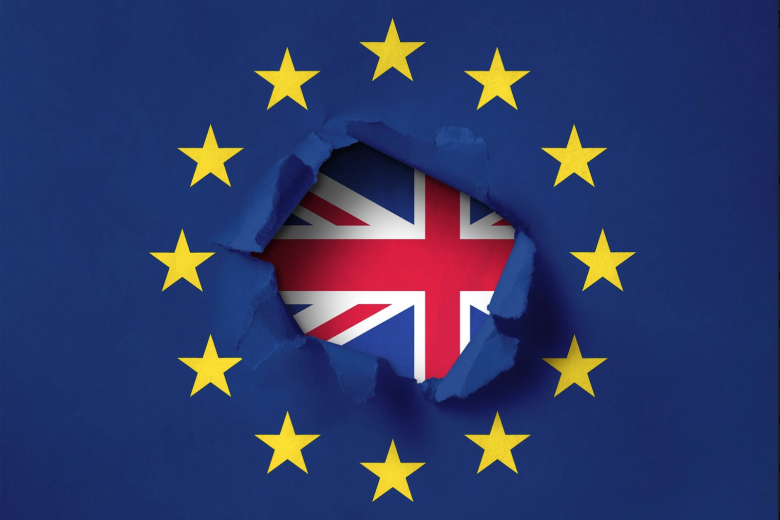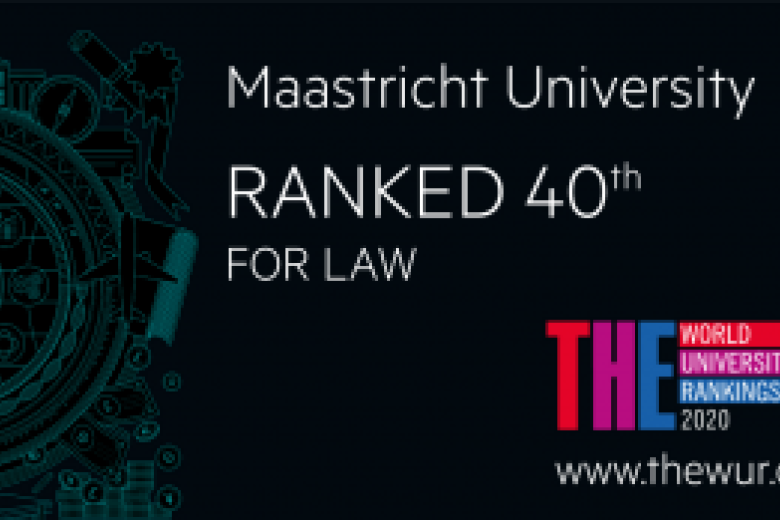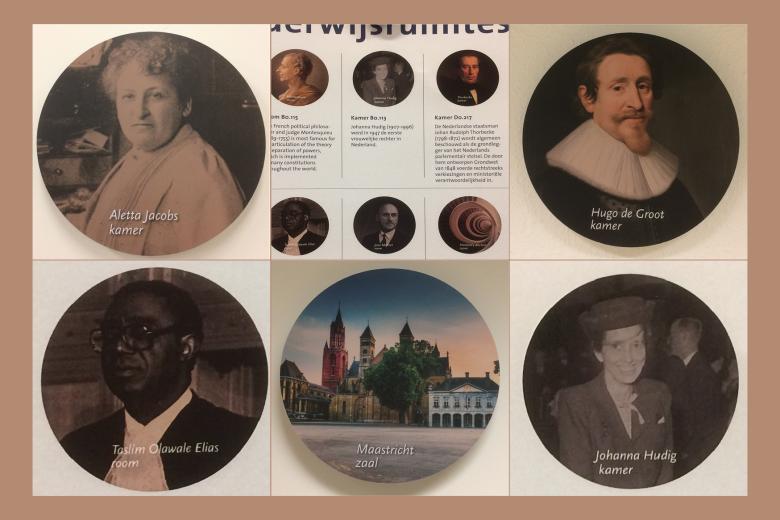The entire Faculty community helped to find names for our tutorial rooms. Naming them ensures we are better able to find them. It also makes clear it is the Law Faculty making use of our building.
Looking beyond legal traditions towards practical effective legal assistance
- Law
National laws or ‘legal traditions’ are not the main obstacle to realising the ideal of ‘effective legal assistance’ embedded in the EU procedural rights’ Directives. The resistance to realising this ideal originates mainly from the professional cultures of relevant actors, including criminal defence lawyers, and the contemporary discourses of managerialism, efficiency and, as of lately, austerity.

December 11th 2019: the end of history for the appellate body of the WTO?
- Law
On December 10th 2019, the Appellate Body (AB) of the WTO will remain with one judge only, Ms. Zhao Hong (China). This will impair the functionality of the AB as it requires three judges to operate. At the IGIR – IEEM IP Seminar in Macao, Peter van den Bossche discussed potential alternatives to a functional AB, for ensuring the existence of some sort of settlement scheme for matters of international trade.

The Common Approach’s promise of good governance: the issue of the agencies’ seat
- Law
When the three main institutions adopted the Common Approach on EU Decentralised Agencies in 2012 one of the few innovative elements in this otherwise disappointing non-binding interinstitutional agreement were the provisions dedicated to the selection of the seat of EU agencies. As many EU-watchers will know, one of the characteristic features of EU Decentralised Agencies is that they are not located in Brussels but that they are instead spread over the entire territory of the EU.

With or without you: a new Commission with or without the UK?
- Law
When the European Council, on 29 October 2019, decided to extend the withdrawal negotiation period until the 31st of January 2020, it became clear that this extension would bear implications also for the composition of the new Commission. Indeed, in recital 11 of the European Council’s decision, it is explicitly mentioned that the UK has to propose a candidate for appointment as a member of the Commission.

The 25th birthday of TRIPS: an agreement of broken promises
- Law
The Agreement on Trade Related Aspects of Intellectual Property Rights (TRIPS) is a milestone. It allowed intellectual property (IP) to become far more present in society than ever before, connecting it to trade. But has this milestone, come for good, for better, or worse? TRIPS was understood to be a promise of ending all other IP agreements.

If you like it, then you shoulda put good faith in it
- Law
As the title suggests: Beyoncé already knew that good faith can determine the fate of one’s actions. This is also true for registering trade marks. One should hence avoid bad faith practices, as defined by Court of Justice of the European Union (CJEU).

Dean’s blog episode 19: Faculty at place 10 of best European Law Faculties in Times Higher Education ranking
- Law
Our Faculty ranks high in the latest Times Higher Education Subject ranking. We are at place 10 in Europe and at place 40 worldwide. What does this mean?

Pay or shame
- Law
On 7 November 2019, the Netherlands Gambling Authority
announced their new policy involving companies that refuse to pay the administrative fines (civil money penalties) imposed by this authority.

Do UK companies make use of corporate mobility instruments to ‘escape’ Brexit?
- Law
Is there an impact of Brexit on corporate mobility in the form of companies incorporated in the United Kingdom making use of as cross-border mergers, conversions, divisions or seat transfers of SEs (hereinafter also ‘cross-border transactions’) in order to exit the United Kingdom towards Member States of the European Union?

